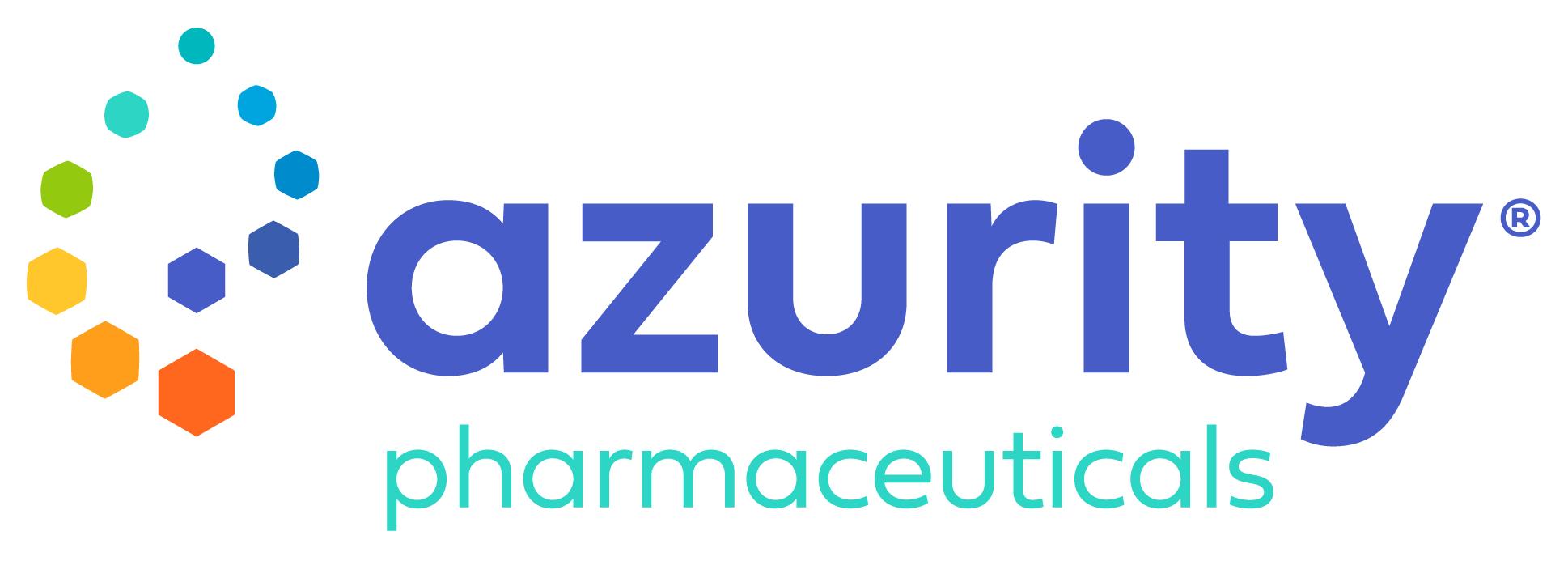IMPORTANT SAFETY INFORMATION
You should not be given GLIADEL Wafer if you are allergic to carmustine or any of the components of GLIADEL Wafer.
If you are undergoing surgery and implantation of GLIADEL Wafer, you should be monitored closely for known complications, including convulsions, infections, abnormal wound healing, and swelling of the brain.
If you are pregnant or are planning to become pregnant, you should understand that carmustine, the active component of GLIADEL Wafer, can cause harm to the fetus if given to a pregnant woman. It is not known if either carmustine, or other components of GLIADEL Wafer are excreted in human milk. Many drugs are excreted in human milk and there is a risk for serious side effects from carmustine in nursing infants; therefore discontinuation of nursing is recommended if you will be receiving GLIADEL Wafer.
It is possible that if GLIADEL Wafers are not implanted properly, they could block the flow of cerebrospinal fluid and might cause abnormal accumulation of fluid in the brain (obstructive hydrocephalus).
The short-term and long-term safety of GLIADEL Wafer when given together with chemotherapy is not fully known.
Following surgery to remove a brain tumor and implantation of GLIADEL Wafer, the following side effects have been reported in clinical studies:
Seizures (convulsions): In clinical studies, seizures have occurred within days or several weeks following implantation of GLIADEL Wafer. Both new seizures and worsening of seizures have been reported.
Brain Swelling: Brain swelling has occurred in clinical studies. In some cases, brain swelling may require another surgery, and removal of GLIADEL Wafers or remnants of the wafers may be required.
Abnormal wound healing: In clinical studies, abnormal healing of the surgical wound has occurred following implantation of GLIADEL Wafer. These abnormalities included reopening of the surgical area, leaking of brain or spinal fluid, delays in healing, or other abnormalities in how the wound heals.
Brain Infections: In clinical studies, brain infections, including meningitis, have occurred following implantation of GLIADEL Wafer.
ADVERSE REACTIONS
The most common adverse reactions in newly-diagnosed high-grade glioma patients are cerebral edema, asthenia, nausea, vomiting, constipation, wound healing abnormalities and depression.
The most common adverse reactions in recurrent high-grade glioma patients are urinary tract infection, wound healing abnormalities and fever.
The Important Safety Information does not include all the information needed to use GLIADEL safely and effectively. For additional safety information, please consult the full Prescribing Information for GLIADEL.
To report SUSPECTED ADVERSE REACTIONS, contact Azurity Pharmaceuticals, Inc. at 1-800-461-7449 or FDA at www.fda.gov/medwatch or call 1-800-FDA-1088.

